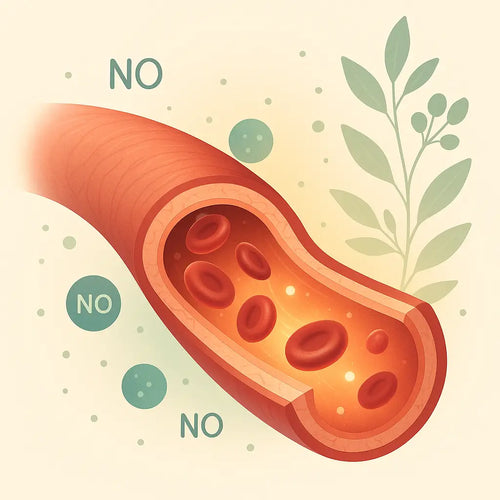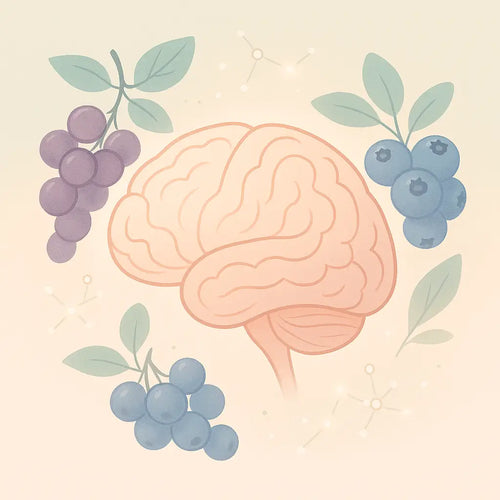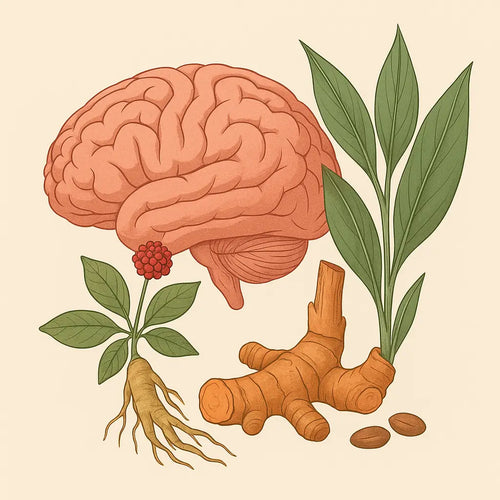When 87,618 postmenopausal women were evaluated for depression and 69,954 were rechecked 3 years later, it was found that food with a progressively higher glycemic index was associated with increasing odds of depression (Gangwisch JE, et al. 2015). The glycemic index is a measurement of how high a specific food will elevate the blood glucose when compared with glucose or white bread. The higher the glycemic index of a food, the higher it will raise the blood glucose. Higher consumption of fiber, non-juice fruit and vegetables were significantly associated with lower odds of depression, while refined grain consumption was associated with increased odds of depression. If you have not already done so, start to implement a program where you eat high nutrient, low glycemic index food. Don’t keep high glycemic index food in your refrigerator.









